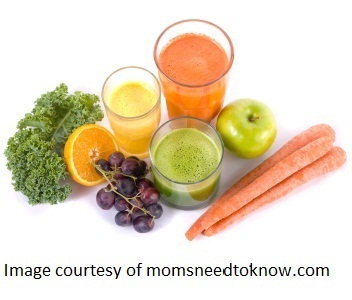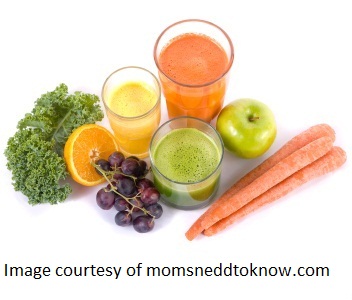You've read the amazing success stories and seen the infomercials. You've heard your friends' stories of significant weight loss and improved energy, and now you're thinking about going on a juice fast.
But is it really worth it?
The truth is, juice fasts aren't all that sweet. Here are five reasons why:
 You're not squeezing all the nutrients out of your fruits
You're not squeezing all the nutrients out of your fruits
When you take an apple and "juice" it, you're not just turning a nutrient-rich treat into liquid, you're removing a lot of the apple's nutrients. You're actually better off just eating the apple. That way you can squeeze all of the nutritional benefits out of it.
Juice fasts are (usually) unfulfilling
There's a big difference between eating fruit and drinking fruit. The biggest of all is how it makes you feel. Juice is not inherently filling, meaning that if you go on a juice fast, you're almost always going to feel hungry and suffer from cravings, which is not a fun way to live–no matter how much weight you're losing.
There's no protein in grapefruit … or grapes, lemons and apples for that matter
An effective weight-loss diet is one that's balanced; juice fasts aren't anywhere close to being balanced. To lose weight effectively, your body needs vitamins and minerals–both found in fruit juice–as well as protein. There's no protein (or at least not a lot) in fruit, which means you might lose weight, but you'll be losing lean muscle, too. That's not good.
It's expensive
Juicing costs a lot of money. Sure, fruits don't seem that expensive when you're buying a few apples here and a couple lemons there. But when it's all you're eating–watch out! It gets doubly expensive when you start juicing entirely with organic fruits, which is what many diets call for.
It's not a long-term fix
Even if you manage to stay on your juice diet for five, 10 or 14 days and lose weight, you're likely to gain it all back as soon as you transition back to a "normal" diet. Again, your body needs balance–and living on fruit juice doesn't provide balance.





